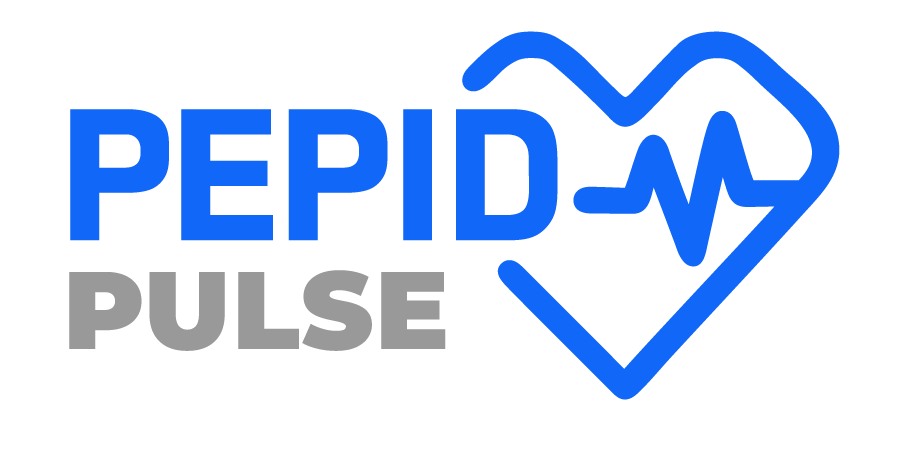23andMe is the first direct-to-consumer (DTC) genetic test to be permitted by the FDA to market their pharmacogenomic reports providing information regarding genetic variants that may be associated with a patient’s ability to metabolize some medications to help inform discussions with a health care provider. The FDA has controls over which variants 23andMe can market. The Personal Genome Service Pharmacogenetic Report gives information about 33 variants for multiple genes.
Tim Stenzel, director of the Office of In Vitro Diagnostics and Radiological Health in the FDA’s Center for Devices and Radiological Health says in the FDA news release, “This test should be used appropriately because it does not determine whether a medication is appropriate for a patient, does not provide medical advice and does not diagnose any health conditions. Consumers should not use this test to make treatment decisions on their own. Any medical decisions should be made only after discussing the results with a licensed health care provider and results have been confirmed using clinical pharmacogenetic testing.”
The test is not meant to report on reactions to specific medications and includes specific patient-facing information to interpret what the gene variants might mean, what they test does not do, and how to interpret results. The FDA specifically required 23andMe to state on its pharmacogenomic test’s label that the consumer should not use the test results to stop or change any medication. Read the full report here.
[elfsight_social_share_buttons id=”3″]
